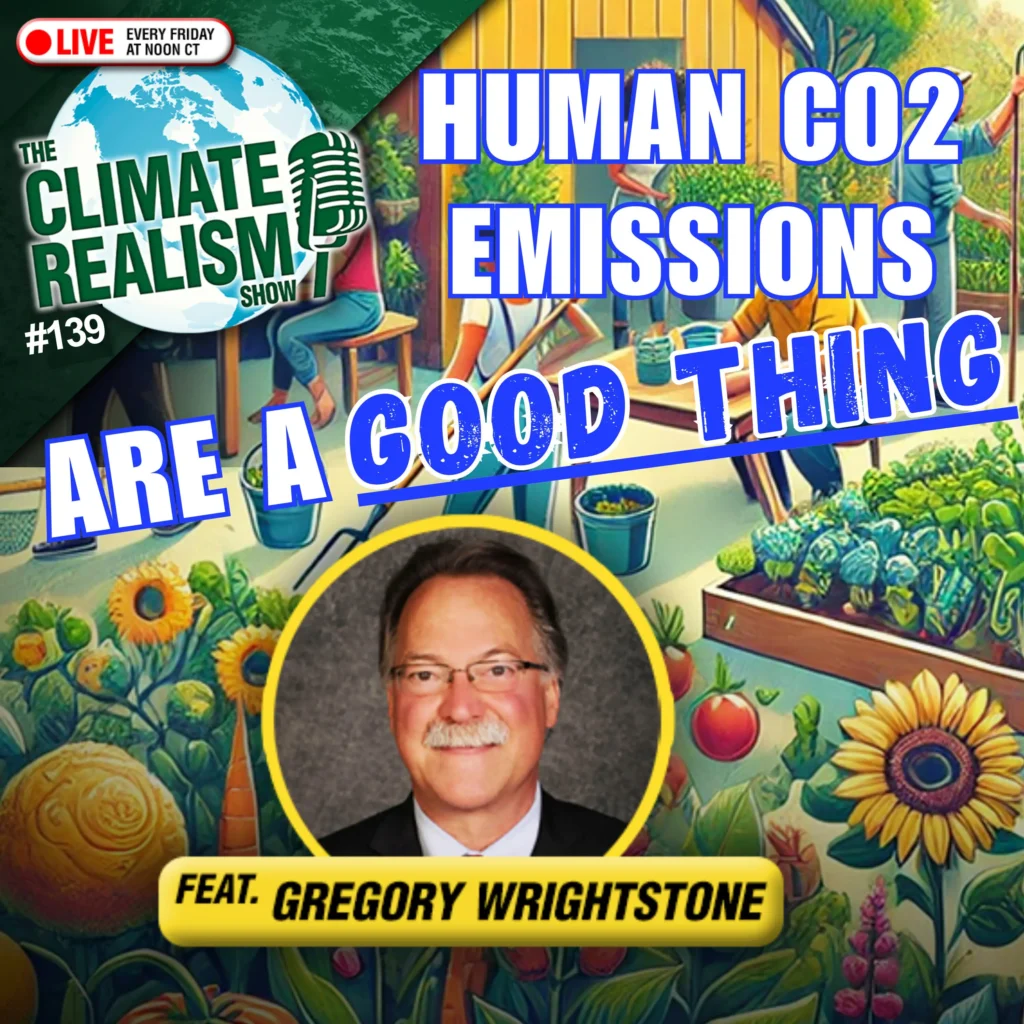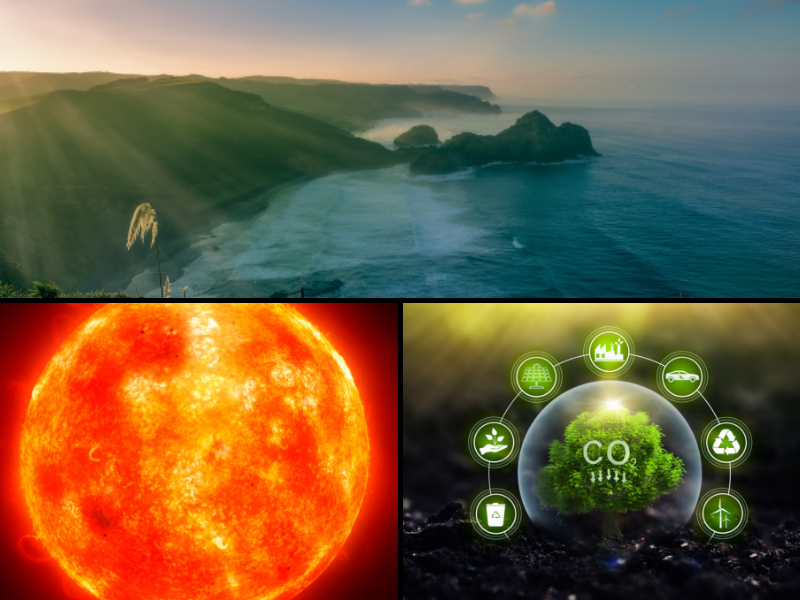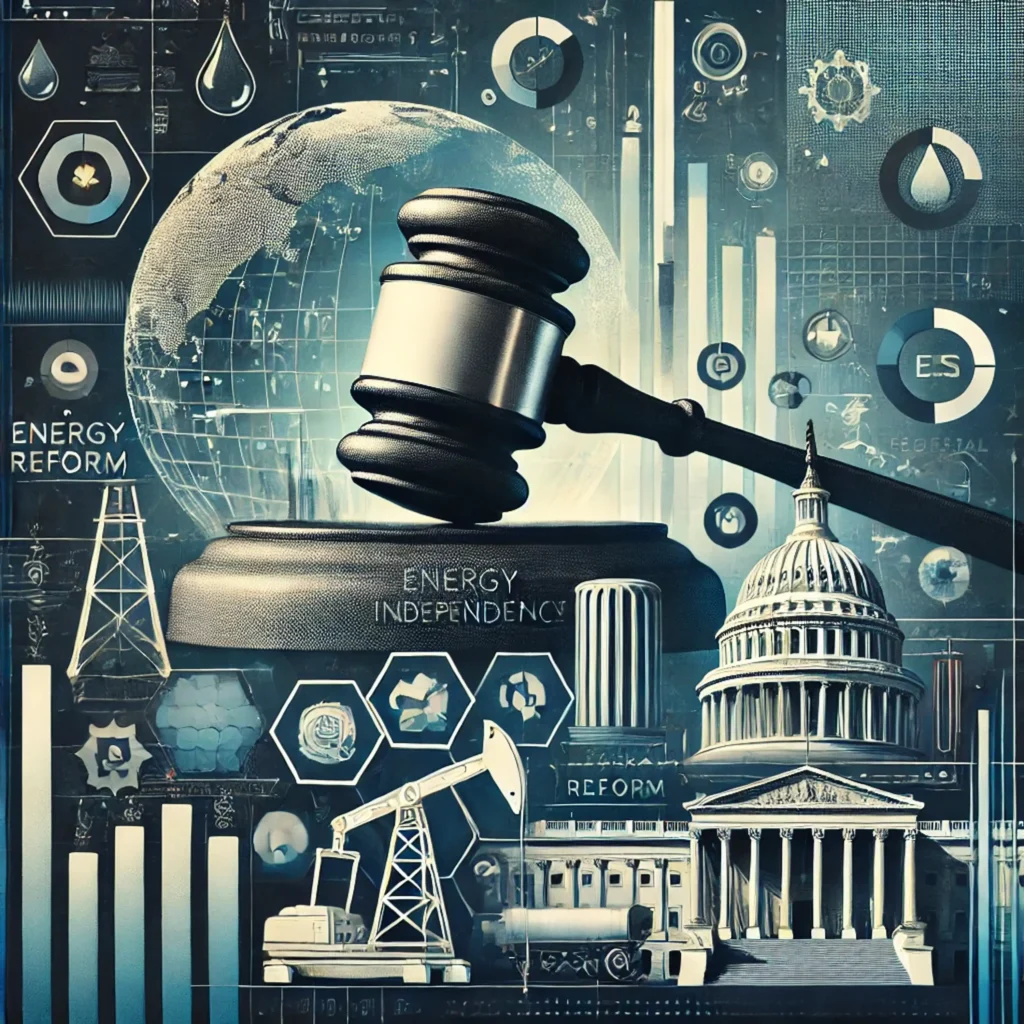ARLINGTON HEIGHTS, IL (June 30, 2022) – The United States Supreme Court today in West Virginia v. Environmental Protection Agency (EPA) ruled the agency overstepped its statutory authority in regulating emissions of carbon dioxide (CO2) from power plants.
“Capping carbon dioxide emissions at a level that will force a nationwide transition away from the use of coal to generate electricity may be a sensible ‘solution to the crisis of the day’,” wrote Chief Justice John Roberts for the 6-3 majority decision. “But it is not plausible that Congress gave EPA the authority to adopt on its own such a regulatory scheme. A decision of such magnitude and consequence rests with Congress itself, or an agency acting pursuant to a clear delegation from that representative body.”
Since 2015, the EPA has claimed the Clean Air Act and the Obama-era Clean Power Plan granted it the power to limit CO2 emissions from power plants, severely restricting the ability of coal and natural gas plants – which power most of the United States – to operate. West Virginia, two coal companies, and North Dakota sued EPA to end the regulation.
“At bottom, the Clean Power Plan essentially adopted a cap-and-trade scheme, or set of state cap-and-trade schemes, for carbon,” Roberts wrote. “Congress, however, has consistently rejected proposals to amend the Clean Air Act to create such a program. It has also declined to enact similar measures, such as a carbon tax.”
The following statements from energy and environment experts at The Heartland Institute – a national free-market think tank – may be used for attribution. For more comments, refer to the contact information below. To book a Heartland guest on your program, please contact Vice President and Director of Communications Jim Lakely at [email protected] and 312/377-4000 or (cell) 312/731-9364.
“The Supreme Court ruled definitively that EPA cannot subvert our democracy and assert restrictive powers that were never given to it by Congress. This is a huge win for our vibrant democracy.”
James Taylor
President
The Heartland Institute
[email protected]
312/377-4000
“This is a win for our constitutional republic, our nation’s economy, and our energy security. EPA efforts to add greenhouse gases as pollutants regulated under the Clean Air Act, absent congressional authority, was extreme overreach. On major questions such as limiting the nation’s energy supply and thus hampering interstate commerce and trade, Congress alone has the authority to act, not executive agencies in pursuit of mission creep or goals endorsed by the executive.
“Congress has repeatedly considered rules to restrict carbon dioxide emissions, and has never approved them. This ruling should shore up our power grid. Beyond that, it should give pause to the schemes of other federal agencies, such as the Securities and Exchange Commission and the Federal Energy Regulatory Commission, to impose restrictions on or reporting requirements concerning greenhouse gas emissions. If the EPA can’t limit greenhouse gases, neither can they impose such limits.”
H. Sterling Burnett
Director, Arthur B. Robinson Center on Climate and Environmental Policy; Managing Editor, Environment & Climate News
The Heartland Institute
[email protected]
312/377-4000
“The Biden White House argued the Clean Air Act gave the EPA broad powers, including regulating carbon dioxide, which isn’t a pollutant at all, but an intrinsic part of the photosynthesis of plants and a key part of the life cycle on this planet.
“The justices ruled the agency is overstepping its power and therefore have set the stage for curtailing over-regulation in the name of ‘climate change.’ This is a breath of fresh air and shows that wisdom and common sense prevailed.”
Anthony Watts
Senior Fellow
The Heartland Institute
[email protected]
312/377-4000
“The Supreme Court rightly stayed in its lane in this case, as the Trump Court has increasingly been doing, restoring the separation of powers that is necessary to avert tyranny while leaving policy questions to Congress.
“Ruling narrowly on whether the EPA was operating under authority granted by Congress in declaring carbon dioxide a pollutant, the Court correctly determined that the agency had overstepped its bounds, and that is that. Regardless of one’s opinion of the policy the rule was meant to establish, the EPA had no authority to impose it. That is how real judges judge.”
S.T. Karnick
Director of Publications
The Heartland Institute
[email protected]
312/377-4000
“The American people and our ability to have affordable, reliable energy have been slowly buried in a slag pile of regulations from the EPA and administrative state. Today, in their ruling in West Virginia v. EPA, the Supreme Court has handed us a shovel, and given us the chance to begin to dig ourselves out.”
Linnea C. Lueken
Research Fellow with the Arthur B. Robinson Center on Climate and Environmental Policy.
The Heartland Institute
[email protected]
312-377-4000
The Heartland Institute is a national nonprofit organization founded in 1984 and headquartered in Arlington Heights, Illinois. Its mission is to discover, develop, and promote free-market solutions to social and economic problems. For more information, visit our website or call 312/377-4000.
###









